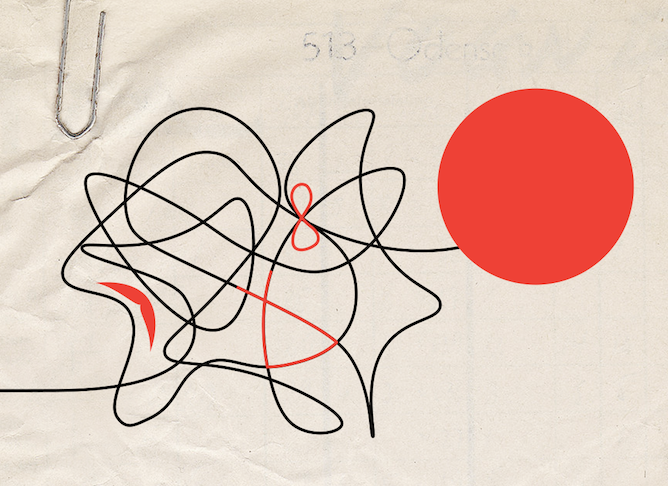About the Project
The People and the Text: Indigenous Writing in Lands Claimed by Canada is collecting and studying one of the most neglected literary archives in English Canada, an archive neglected because settlers used literature to consolidate a narrative of Canada starring the British-descended.
Updates:
In the first stage of The People and the Text (TPatT, funded by SSHRC from 2015-2021) we brought scholarly attention to understudied or forgotten works, including Edward Ahenakew, An Antane Kapesh, Maria Campbell, and Vera Manuel, as well as several other key authors. Since 2021 TPatT has released further research on:
- James Settee, Ahenakew, Campbell, James Brady, Harold Cardinal, and E. Pauline Johnson, See, for example, Autobiography as Indigenous Intellectual Tradition (2022) by Deanna Reder and a critical edition of Legends of the Capilano (2023) by E. Pauline Johnson, Joe Capilano, and Mary Agnes Capilano, edited by Alix Shield.
In the first stage of TPatT, (2015-2021) we built a sustainable open-access bibliography of Indigenous texts, in partnership with Collaboratory of Writing and Research on Culture (CWRC). Since 2021 TPatT has continued to expand our database; we have:
- Incorporated the VOA (the Voices of Ancestors) database, on 18th and early 19th Century Indigenous authors, with VOA Principal Investigator, Susan Glover;
- Included the work Go-won-go Mohawk, contributed by Christine Bold, into the database;
- Included the work on the multiple authors of Inuktitut Magazine from research team members for GALA (Government Agents, Literary Agents: Inuit Books and Government Intervention, 1968-1985 including Keavy Martin, Julie Rak, Warren Cariou, Armand Garnet Ruffo, and Gregory Younging).
As part of our ongoing relationship with Susan Brown (UGuelph) and Diane Jakacki (BucknellU), we are working with the Linked Editing Academic Framework (LEAF) to redeploy our database to be more accessible and stable.
In the first stage of TPatT, (2015-2021) TPatT advocated for systemic change in collection systems and the Indigenization of pedagogical approaches. Since 2021 TPatT has:
- Identified Barriers to Indigenous materials in standard library systems (see Reder and Fee’s article, “The People and the Text: An Inclusive Collection” (2023). https://doi.org/10.4324/9781003282303
- Worked to incorporate land acknowledgements into library structures (see Shield’s article, co-authored with Edwards, Lane, and Sohal on “Bringing the Land into the Library: Land Acknowledgements in an Academic Library” (2023)
- Worked with co-editor Michelle Coupal to dedicate a special double issue of Studies in American Indian Literature (volumes 34:1-2 in Spring-Summer 2022) to the topic “How We Teach Indigenous Literatures.”
- Contributed to research that interrogate the power structures and biases embedded in the information systems, tools, and platforms used to conduct research, in collaboration with head researcher Constance Crompton.
In all this work we continue to prioritize Indigenous literary research methods that consider our responsibilities to relevant Indigenous communities and individuals.


